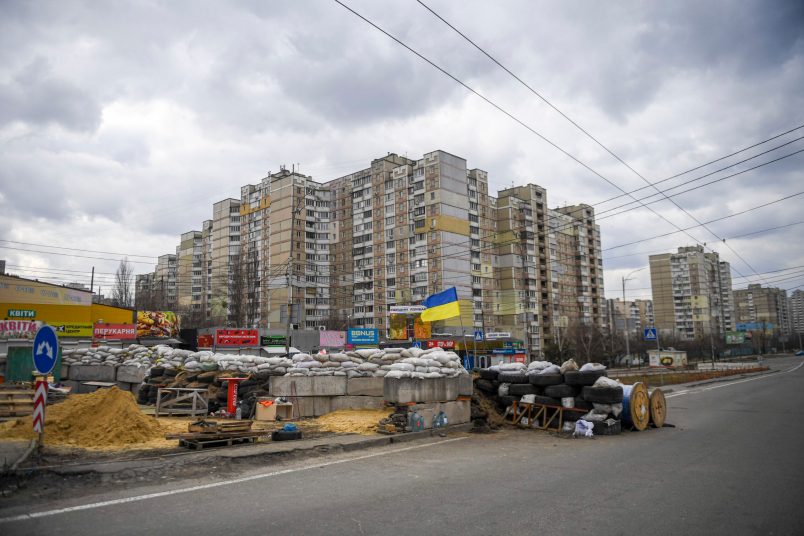In the first weeks of Russia’s invasion of Ukraine we saw what appeared to be almost universal global condemnation of Russia’s actions. There was that lopsided UN vote condemning the action in which only four other nations, all pariahs or under de facto Russian occupation, took Russia’s side. But over time, a somewhat different story has emerged. Russia has very, very few backers. But there’s a big chunk of the world, likely the majority of the world’s population, living in countries where the governments basically do not want to take sides.
China, the world’s largest country by population, is the most visible example, trying to balance its interest in a “no limits” strategic alliance with Russia with not getting tarred by Russia’s bad acting. The issue of Taiwan is also central to the equation for China. But it’s not just China. Brazil has basically stayed on the sidelines, in part likely due to President Bolsonaro’s already pro-Russia stance. So has South Africa. Remember that South Africa is run by a party which still has among its old guard many who were either educated or trained in the Soviet Union. In recent years India has taken the first steps toward an alliance bringing together powers on either side of China as a counterbalance to China’s growth and ambitions — the so-called “Quad” of democratic states. But India too has been highly resistant to joining the condemnations and sanctions against Russia. In the case of India, the driver is at least in part the long military-to-military and weapons-sales relationship between the Soviet Union/Russia and India. Russia has also agreed to sell lots of oil to India at undermarket prices.
You’ll notice here that these are the so-called BRIC or BRICS countries. In each case there are particular drivers but the underlying and likely more driving factor is simply not wanting to get drawn into a squabble that looks to largely be about Europe and the United States. It’s not their fight and a unipolar world or one driven by the concerns of the U.S. and the EU isn’t in their interests.
Then there are the big oil producing states of the Persian Gulf. They are united with Russia in the OPEC+ group and Saudi Arabia and the United Arab Emirates have both been using post-COVID inflation and Russia’s invasion of Ukraine to squeeze the United States to back their policies toward Yemen and Iran.
In a way the world that is truly united against Russia is the EU/NATO, North America and a group of key U.S. allies in East Asia. This might seem like, well, the world isn’t united that much at all. And that’s sorta true. But not exactly. It’s just that most of the world isn’t willing to embrace the condemnations and sanctions favored by the U.S. and Europe.
What this also reminds us, though, is that when the U.S., Europe, Japan and South Korea unite to impose crippling economic sanctions, that still packs a massive blow. These are still the states that hold the commanding heights of the global economy, and the global financial and banking apparatus.
So what world are we in exactly? Is this an autocracies vs. civic democracies world? Or is it more U.S./EU/NATO vs. Russia and kind of China and everyone else sort of staying on the sidelines, including some that are civic democracies and some that are not? I would suggest it’s kind of both. And perhaps most importantly we are now in a period of flux that will likely determine which is a better description. Is there an ideological valence to the great divisions among the states of the world? Does civic democracy have a group of states which are its champions? Or not?






